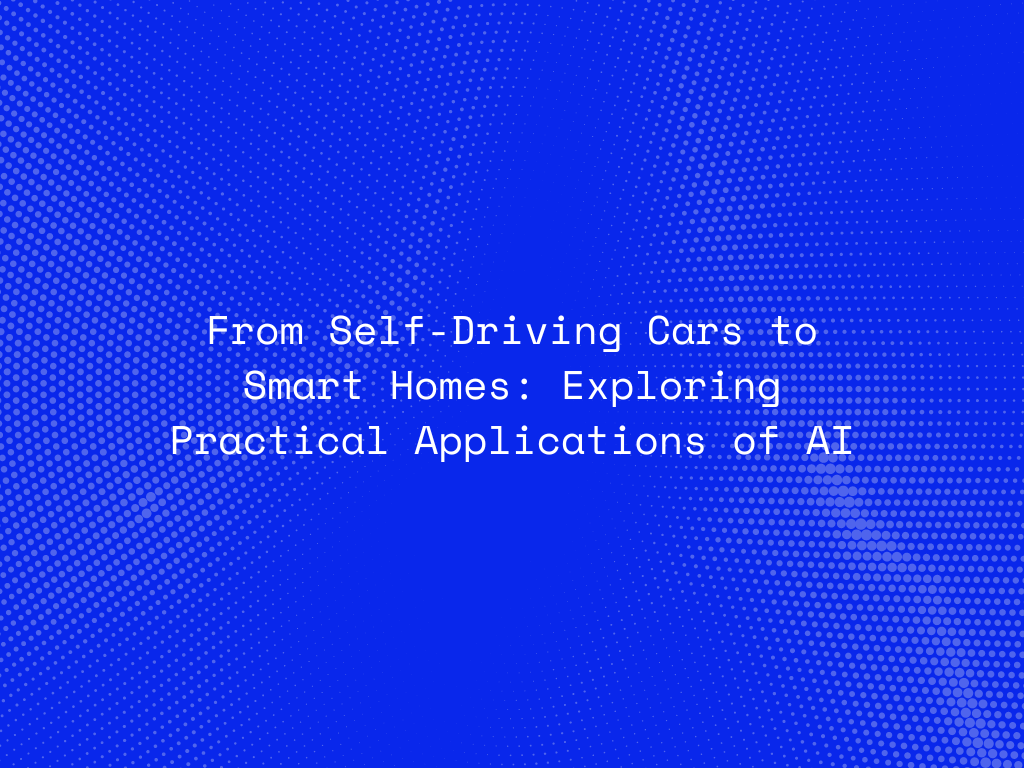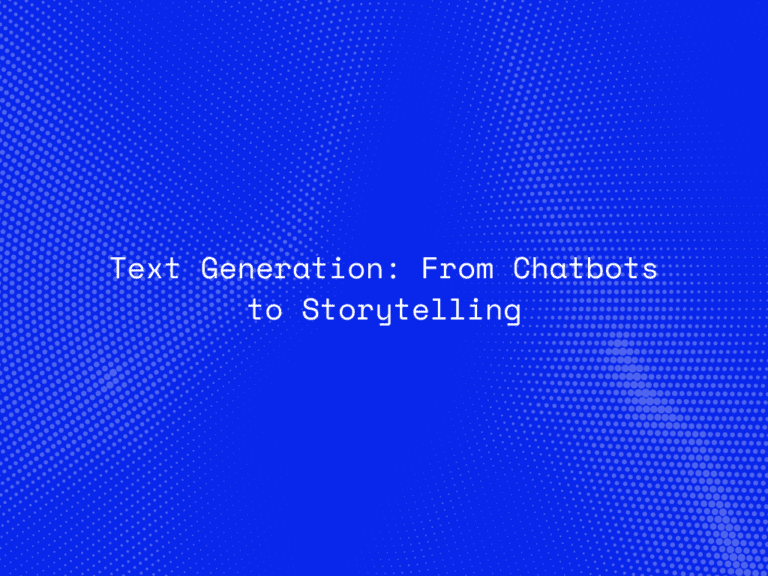Artificial Intelligence (AI) has rapidly evolved from a concept of science fiction to a practical reality, revolutionizing various aspects of our daily lives. From self-driving cars to smart homes, AI technologies are transforming the way we live, work, and interact with our environment. In this blog post, we’ll delve into some of the most innovative and practical applications of AI across different domains.
Self-Driving Cars:
Self-driving cars, also known as autonomous vehicles, are perhaps one of the most prominent examples of AI in action. These vehicles use AI algorithms, including machine learning and computer vision, to perceive their surroundings, interpret traffic signs and signals, and navigate safely to their destination. By analyzing real-time data from sensors, cameras, and GPS systems, self-driving cars can make split-second decisions to avoid obstacles, anticipate road hazards, and optimize driving routes.
Smart Homes:
AI-powered smart home devices are transforming traditional households into intelligent living spaces. These devices, such as smart speakers, thermostats, and security cameras, leverage AI algorithms to understand user preferences, automate routine tasks, and enhance home security and comfort. For example, smart thermostats can learn users’ temperature preferences and adjust heating and cooling settings accordingly, while smart security cameras can detect and alert homeowners to potential intruders or unusual activity.
Healthcare:
AI is revolutionizing the healthcare industry by improving diagnosis, treatment, and patient care. AI-powered diagnostic systems can analyze medical images, such as X-rays and MRIs, to detect abnormalities and assist radiologists in making accurate diagnoses. Additionally, AI algorithms can analyze patient data, including electronic health records and genetic information, to predict disease risk, personalize treatment plans, and optimize healthcare delivery.
Virtual Assistants:
Virtual assistants, such as Siri, Alexa, and Google Assistant, are AI-powered voice-activated systems that can perform various tasks and provide information in natural language. These assistants leverage machine learning algorithms to understand user queries, retrieve relevant information from the internet, and execute commands across different devices and services. Virtual assistants are increasingly integrated into smartphones, smart speakers, and other IoT devices, enabling users to access information and control their digital environment with ease.
Retail and E-commerce:
AI is reshaping the retail industry by enhancing customer experiences, optimizing operations, and driving sales growth. AI-powered recommendation systems analyze customer preferences and purchase history to provide personalized product recommendations, increasing customer engagement and loyalty. Additionally, AI algorithms can optimize inventory management, pricing strategies, and supply chain logistics to improve efficiency and reduce costs for retailers.
Conclusion:
From self-driving cars to smart homes, AI technologies are powering a wide range of practical applications that are transforming the way we live, work, and interact with the world around us. As AI continues to advance and evolve, its potential to drive innovation and improve human lives across various domains will only continue to grow. By embracing AI technologies and harnessing their transformative power, we can create a future that is smarter, safer, and more efficient for all.




